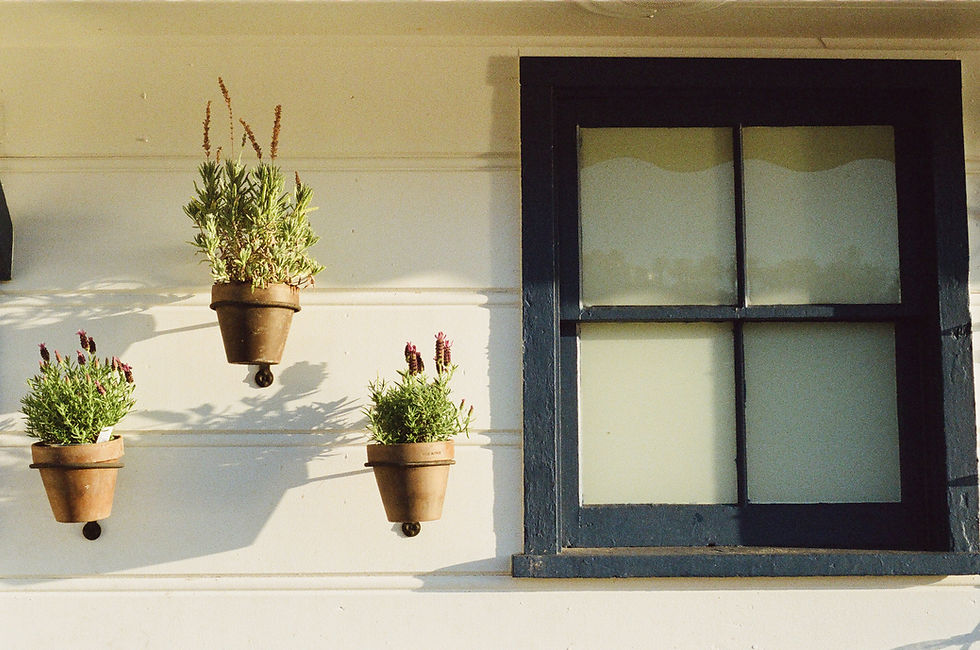Contributor: Mothers Matter NZ
Are we now part of a culture that focuses so much attention on childbirth yet so little on the time after childbirth?

Have you ever heard about the ‘sacred window’ or the ‘red tent’? Both of these traditions and rituals, along with many others, focus on giving a new mother time:
– time to heal,
– time to learn to love her new baby,
– time to be nurtured,
– time to be nourished; and
– time to convalesce.
However, in our own society, unlike the generations of mothers before us, the significance of ‘time’ after the birth of a baby is completely unrecognised and undervalued.
We now live in a society which actively encourages new mums to bounce back and become super mums, we openly celebrate those who recover the quickest and whose lives seemingly haven’t changed at all despite giving birth to a baby.
Before the birth of a baby we pay a ‘mum-to-be’ so much attention, yes we give her ‘time’ - we open doors for her, we throw her a baby shower, we constantly ask her how she’s feeling, there are ante-natal classes, pre-birth check-ups and often a long list of people wanting a daily update on her progress.
Yet once a baby is born, the ‘reverse Cinderella’ kicks in. This transition was described in a book for new mums (Eisenberg, et al., 1989) as ‘the pregnant princess has become the postpartum peasant’.
As a society, we are neglecting the practical and emotional needs of our new mothers.
But the good news is that we have a window of opportunity, we have a period of 48 hours to which a woman is entitled to receive funded, in-patient postnatal care in a supportive environment. We need to empower society to honour this window of opportunity and meet the needs of our new mums.
While for many the sacred window or red tent period of care is not only idealistic but impractical from a time and commitment perspective, the window of opportunity is not.
There are many reasons for the window of opportunity, but for now let’s just focus on two:
1. Recovery
2. Love, attachment and bonding
Giving birth is similar to running in an ultramarathon. Regardless of the type of birth a mother has had her body has just undergone a feat of endurance that is most likely incomparable to anything she has ever experienced before.
Just like a highly tuned athlete who has finished their race, there has to be time to rest, to recover and heal.
The journey from mother to be to new mum is not something that should ever be taken lightly, it is not something that we should ever say “you’ll be right, you’re not the only one who’s had a baby”.
Not only has this new mum just been taken to the brink of her stamina, she is now responsible for all the needs of a new, vulnerable human being. This new mum needs the best possible love and care we can provide, we need to prioritise her needs, ensure she is nurtured, nourished and has the time to heal. Importantly, we need to respect the changes that are happening in her mind and body and ease the overwhelming feelings and anxiety about motherhood that are all too common in our society.
Now let’s talk about love, attachment and bonding.
Again, society has a lot of answer for. There is an unrealistic expectation that a new mum will gaze lovingly into the eyes of her newborn and immediately begin a lifelong love affair. But for many new mums, this intense new bonding just doesn’t happen straight away and similar to other relationships, it may take time to develop and flourish.
Bonding and attachment are a journey, not an event. A new mum often needs time and space, and a helping hand to form the right bond and attachment and to fall in love with her new baby.
The downside of not giving a new mum this dedicated window of opportunity, not only for her, but for her baby and family can be monumental. Early experiences have a lasting impact on a child’s physical, psychological, behavioural and developmental wellbeing. Without a good loving bond or attachment, a child is less likely to grow up to become happy, independent and resilient.
While women are often well prepared for childbirth, they are ill prepared for postnatal care. We need to change the way we think about providing care to our new mothers.
It is time to start recognising and meeting the needs of our postnatal women, the health of our families depend on it.
Republished with permission from Mothers Matter: https://www.mothersmatter.nz/news/the-window-of-opportunity

Comments